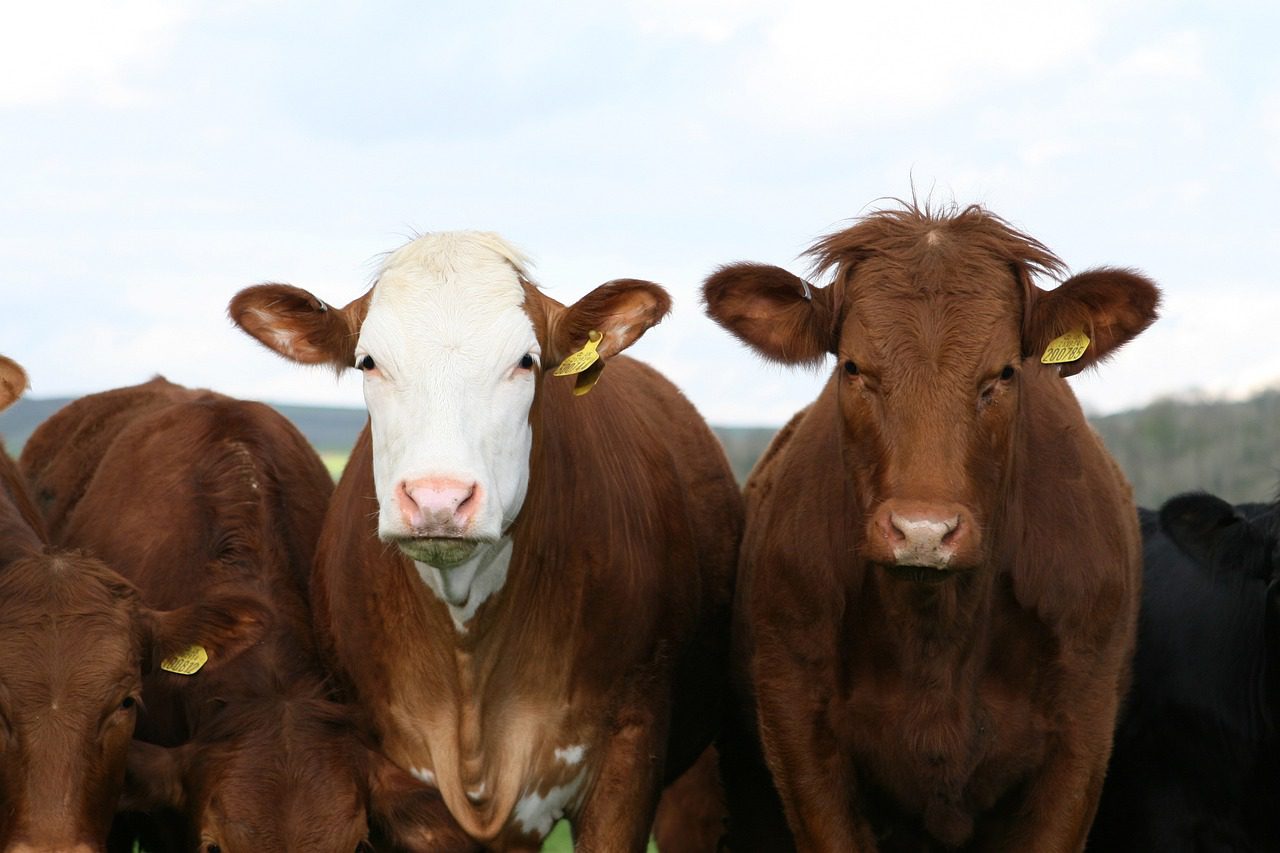See the promising results of research on alleviating heat stress in Florida cattle using nutrition and management techniques.
Heat stress is a big detriment to cattle health, affecting metabolism, growth, reproduction, health, and welfare, according to a UF/IFAS South Florida Beef-Forage Program article. The article maintains that heat stress causes $300 million in losses for the beef cattle and swine industry every year. It’s a major problem for Florida cattle growers because “From June to October, average THI [thermal-humidity index] values were always above the threshold considered as heat stress. Also, maximum THI values often reached severe heat stress levels for several hours of the day,” in The Sunshine State. This has led to research on alleviating heat stress in cattle using various means. See the results of one research experiment shared in the article below.
Alleviating Heat Stress in Cattle With the Stair-Step Strategy
The research experiment conducted was on Bos indicus-influenced cattle as, according to the article, they are “more thermotolerant than Bos taurus cattle due to lower metabolic rate, lower resistance in heat transfer from tissues to skin, different sweating patterns, and shorter hair length” than Bos taurus cattle, and they experience “less pronounced physiological alterations, such as no reductions in feed intake and minor decrease in blood concentrations of carbon dioxide and bicarbonate” during heat stress.
The experiment was created around the fact that “A major limiting factor for reproductive success of Bos indicus-influenced beef heifers is the late attainment of puberty due to genetics, heat stress, and nutrition.” The article maintained that “Modifying the growth pattern during the post-weaning phase has been used to promote reproductive success of Bos taurus heifers,” and the research looked to test whether the same was true for Bos indicus-influenced beef heifers.
Researchers used the Stair-Step strategy, which is where heifers are fed to “achieve a low weight gain from weaning until 45 days before breeding followed by a high weight gain in the final 45 days before breeding.” In the experiment, 64 Brangus heifers were divided into eight groups, each getting different levels of feed treatment, including a control (CON). Those in the stair-step group (SST) showed a greater average daily gain over the control group for days 50-100. The research concluded that “growth performance of grazing heifers was boosted by the stair-step strategy without increasing feed costs…”
Griffin Fertilizer is committed to helping both growers and ranchers make sound agronomic and economic decisions in order to maximize the health of their grove and pasture. As a full-service custom dry & liquid fertilizer blender and crop protection product distributor, we will continue our mission to further advance Florida agriculture. For questions or concerns about your farm or pasture, contact us and one of our team will be in touch.

